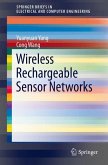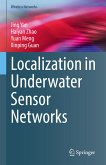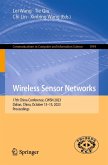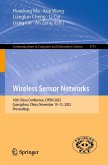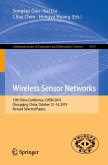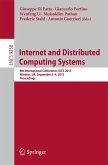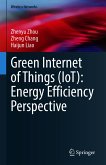This book elaborates on the theory and technical paradigms of WRSNs. The topics discussed include the energy efficiency, schedulability and reliability of WRSNs, as well as their potential intersections with other fields. Specifically, this book 1) proposes the theory of optimal scheduling of spatio-temporal correlation power supply for large-scale WRSNs; 2) analyses in depth the shortcomings and hidden risks of existing WRSN hardware and protocols, and proposes the concept of charging attack and the theory of trusted scheduling; and 3) introduces a radio electromagnetic signal propagation model into the design of charging deployment methods in complex environments, revealing a new dimension of charging efficiency optimization.
The methods described here will lay the theoretical foundation for extending WRSN lifetimes and provide a new theoretical model for WRSN security and reliability, accelerating the development of these networks from multiple perspectives.
Dieser Download kann aus rechtlichen Gründen nur mit Rechnungsadresse in A, B, BG, CY, CZ, D, DK, EW, E, FIN, F, GR, HR, H, IRL, I, LT, L, LR, M, NL, PL, P, R, S, SLO, SK ausgeliefert werden.



